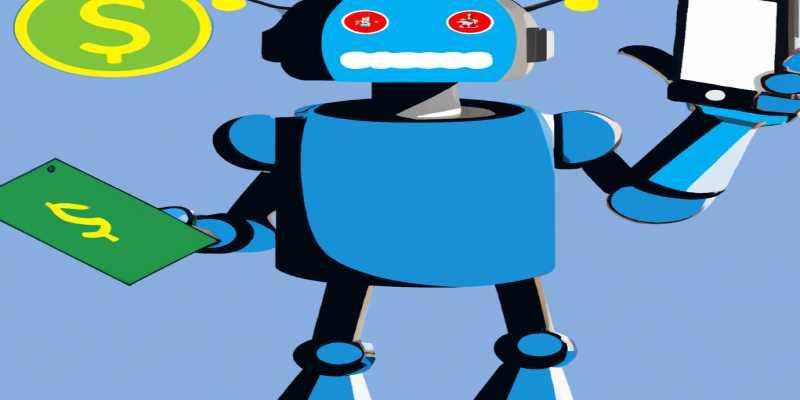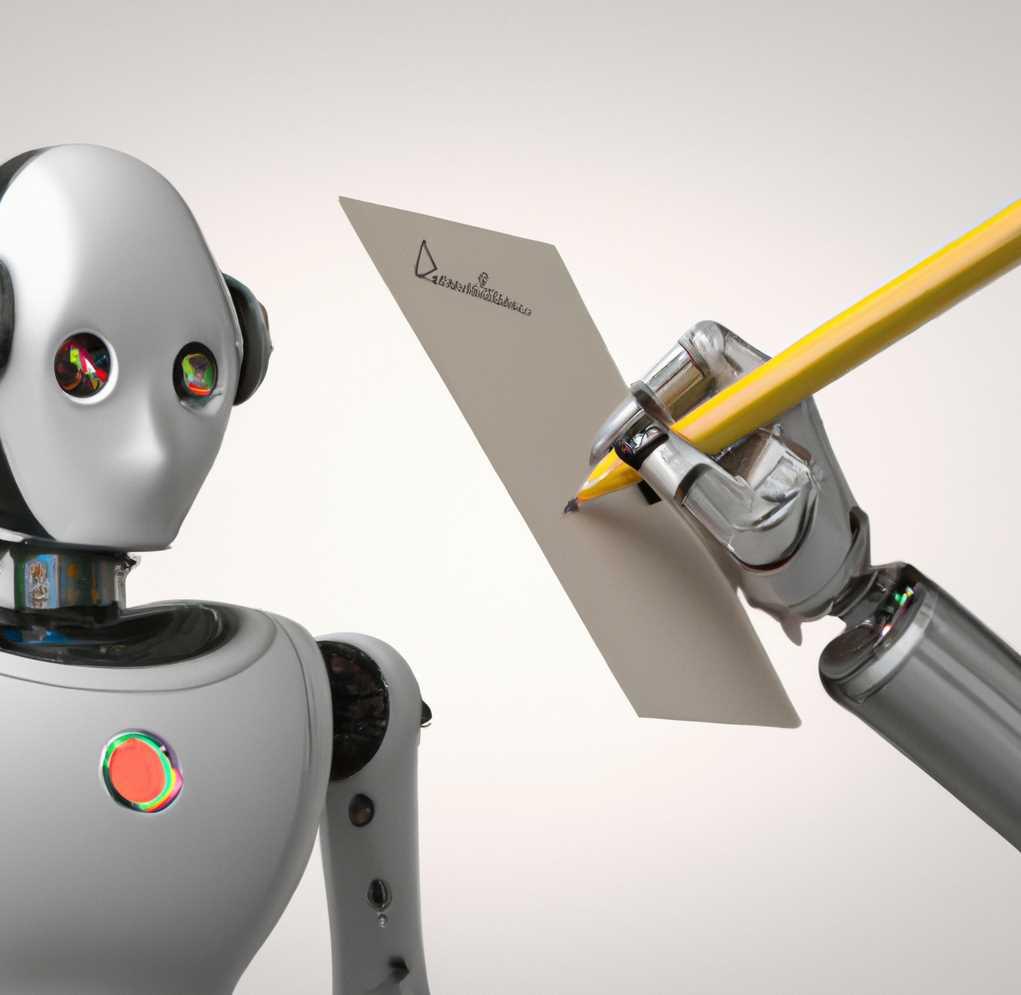Smart Conversational AI | What is ChatGPT
What is ChatGPT

In This Blog:
- Understanding ChatGPT
- How ChatGPT Works
- Features and Capabilities
- Applications of ChatGPT
- Ethical Considerations
- Limitations and Challenges
- The Future of ChatGPT
- OpenAI's Approach to Responsible AI
- Collaborative AI Development
- Leveraging ChatGPT for Data Analysis
- ChatGPT in Healthcare
- Enhancing Accessibility and Inclusivity
- Challenges in Deploying ChatGPT at Scale
- Societal Implications and Human-AI Collaboration
- Conclusion
In recent years, the field of artificial intelligence (AI) has made significant strides, particularly in the area of natural language processing (NLP). ChatGPT, powered by OpenAI's GPT-3.5 architecture, is one such remarkable achievement in the realm of conversational AI. This article delves into the fascinating world of ChatGPT, exploring its capabilities, applications, and the impact it has on various industries.
-
Understanding ChatGPT
ChatGPT is an advanced language model that utilizes deep learning techniques to generate human-like text responses. It is based on OpenAI's GPT-3.5 model, which stands for Generative Pre-trained Transformer 3.5. This architecture is trained on an extensive dataset comprising diverse sources from the internet, allowing it to grasp the nuances of human language.
-
How ChatGPT Works
ChatGPT operates on a transformer-based architecture, leveraging the power of self-attention mechanisms. This architecture enables the model to analyze the relationships between different words and phrases in a given text. The pre-training phase involves exposing the model to massive amounts of text data, allowing it to learn patterns and structures present in human language.
During the fine-tuning phase, the model is trained on specific tasks and data to enhance its performance in targeted areas. ChatGPT is designed to generate coherent and contextually relevant responses by predicting the most likely next word based on the input it receives.
-
Features and Capabilities
ChatGPT boasts a range of impressive features and capabilities, making it a versatile tool for various applications. Some notable features include:
a) Natural Language Understanding: ChatGPT excels at comprehending and interpreting human language, understanding the context and intent behind user queries.
b) Contextual Responses: The model generates responses that are contextually aware, taking into account the preceding conversation and maintaining a coherent dialogue.
c) Creative Writing: ChatGPT can generate imaginative and creative text, making it useful for content creation, brainstorming, and generating ideas.
d) Language Translation: By leveraging its multilingual abilities, ChatGPT can facilitate seamless language translation, breaking down language barriers.
e) Personalized Assistance: With the ability to remember and recall prior interactions, ChatGPT can provide personalized assistance to users, enhancing the user experience.
-
Applications of ChatGPT
ChatGPT has found applications across various domains, revolutionizing the way we interact with AI. Let's explore some key areas where ChatGPT is making an impact:
a) Customer Support: ChatGPT can be employed as a chatbot to handle customer queries, providing quick and accurate responses, and easing the burden on human support agents.
b) Content Generation: Writers and content creators can leverage ChatGPT's writing capabilities to generate engaging articles, blog posts, and social media content.
c) Language Tutoring: ChatGPT can serve as a virtual language tutor, helping learners practice their conversational skills and providing instant feedback.
d) Virtual Assistants: Integrating ChatGPT into virtual assistant applications enables users to perform tasks, such as setting reminders, making appointments, and answering general knowledge questions.
e) Creative Projects: ChatGPT's ability to generate creative text makes it a valuable tool for writers, designers, and artists seeking inspiration and innovative ideas.
-
Ethical Considerations
While ChatGPT offers tremendous potential, it also raises important ethical considerations. The model can sometimes generate biased or offensive content, reflecting the biases present in the training data. Steps must be taken to mitigate these biases and ensure responsible AI usage to avoid perpetuating harmful stereotypes or misinformation.
OpenAI has implemented safety measures to address these concerns, including content filtering and moderation. It encourages user feedback and actively seeks community input to improve the system's performance and address any ethical issues that may arise. OpenAI also emphasizes the importance of transparency, providing guidelines for responsible use of ChatGPT and disclosing its limitations to users.
-
Limitations and Challenges
While ChatGPT is a remarkable achievement, it does have certain limitations and challenges. Some of these include:
a) Lack of Common Sense: ChatGPT relies solely on patterns learned from the training data and lacks real-world common sense. It may provide plausible-sounding but inaccurate or nonsensical responses in certain situations.
b) Over-Reliance on Prompts: The quality and relevance of responses heavily depend on the prompts provided by users. Ambiguous or incomplete queries may result in inaccurate or irrelevant answers.
c) Inability to Fact-Check: ChatGPT does not possess the capability to fact-check information. It may generate responses based on incorrect or unverified data, leading to the propagation of misinformation.
d) Consistency Issues: While ChatGPT attempts to maintain coherence within a conversation, it may sometimes produce inconsistent or contradictory responses, particularly in long conversations or complex contexts.
Addressing these limitations is an ongoing challenge for researchers and developers working on improving the capabilities of ChatGPT and advancing the field of conversational AI.
-
The Future of ChatGPT
ChatGPT represents a significant step forward in the evolution of conversational AI, but the journey is far from over. OpenAI and other researchers are continuously refining the model and exploring new techniques to enhance its performance.
Future iterations of ChatGPT may incorporate improvements in areas such as better context understanding, increased common sense reasoning, and improved bias handling. Additionally, advancements in model interpretability and explainability are essential to build trust and accountability in AI systems like ChatGPT.
-
OpenAI's Approach to Responsible AI
OpenAI recognizes the importance of responsible AI development and is actively working to address the ethical implications of ChatGPT. They have established principles to guide their work, including a commitment to ensuring AI benefits all of humanity, avoiding uses that harm people or concentrate power, and striving for transparency and accountability. OpenAI's approach involves soliciting public input on topics like system behavior, disclosure mechanisms, and deployment policies, emphasizing the importance of collective decision-making in shaping AI technology.
-
Collaborative AI Development
OpenAI promotes collaboration in AI development by engaging with researchers, policymakers, and organizations worldwide. They have initiated partnerships to enable responsible access to, and usage of, ChatGPT. By fostering collaboration and knowledge sharing, OpenAI aims to leverage collective expertise in addressing challenges, improving the model's capabilities, and mitigating risks associated with AI systems like ChatGPT.
-
Leveraging ChatGPT for Data Analysis
ChatGPT's natural language processing capabilities extend beyond generating human-like text. The model can also be used for data analysis, enabling users to extract insights from unstructured textual data. By leveraging ChatGPT's language understanding and context-based responses, organizations can gain valuable information and make data-driven decisions, revolutionizing the field of data analysis and interpretation.
-
ChatGPT in Healthcare
The healthcare industry stands to benefit significantly from ChatGPT's capabilities. ChatGPT can assist healthcare professionals by providing accurate and up-to-date medical information, answering patient queries, and offering personalized recommendations. Moreover, ChatGPT can contribute to mental health support by acting as a virtual counselor or therapist, providing empathy and guidance to individuals seeking emotional support.
-
Enhancing Accessibility and Inclusivity
ChatGPT has the potential to enhance accessibility and inclusivity by breaking down language barriers and assisting individuals with disabilities. Through its language translation capabilities, ChatGPT can facilitate communication between individuals who speak different languages, fostering global collaboration and understanding. Additionally, ChatGPT can support people with visual impairments by providing audio-based interactions, enabling them to access information and engage in conversations more effectively.
-
Challenges in Deploying ChatGPT at Scale
As powerful as ChatGPT is, deploying it at scale presents significant challenges. The computational resources required to run ChatGPT in real-time and handle a large volume of concurrent users can be substantial. Additionally, ensuring the security and privacy of user interactions and safeguarding sensitive data are critical considerations in widespread deployment. Overcoming these challenges will require advancements in infrastructure, system optimization, and robust security measures.
-
Societal Implications and Human-AI Collaboration
The rise of conversational AI models like ChatGPT raises important societal implications. As AI systems become more advanced, there is a need to establish clear boundaries between human and AI capabilities, ensuring that human judgment and ethical considerations remain at the forefront. Balancing the strengths of AI with human oversight and decision-making can lead to fruitful collaboration, where AI systems like ChatGPT augment human capabilities rather than replacing them entirely.
Conclusion
ChatGPT, with its advanced language processing and contextual understanding, has revolutionized conversational AI. OpenAI's commitment to responsible AI development, collaborative approaches, and addressing ethical concerns paves the way for the continued advancement of AI technologies like ChatGPT. As we navigate the future, understanding the capabilities, limitations, and ethical considerations of ChatGPT will be essential in harnessing its potential for the benefit of society. By fostering responsible usage and continuous improvements, ChatGPT has the potential to reshape human-AI interactions and drive innovation across diverse industries.
ChatGPT, powered by OpenAI's GPT-3.5 architecture, has emerged as a revolutionary conversational AI model. With its natural language understanding, contextual responses, and diverse applications, ChatGPT has the potential to transform numerous industries and redefine human-AI interactions.
While ethical considerations and limitations exist, OpenAI is committed to responsible AI development, actively seeking feedback and implementing safeguards to mitigate biases and improve the system's performance. As ChatGPT evolves and future iterations are developed, it is poised to contribute significantly to the advancement of conversational AI, making AI-driven conversations more human-like and enhancing our interaction with intelligent machines.




